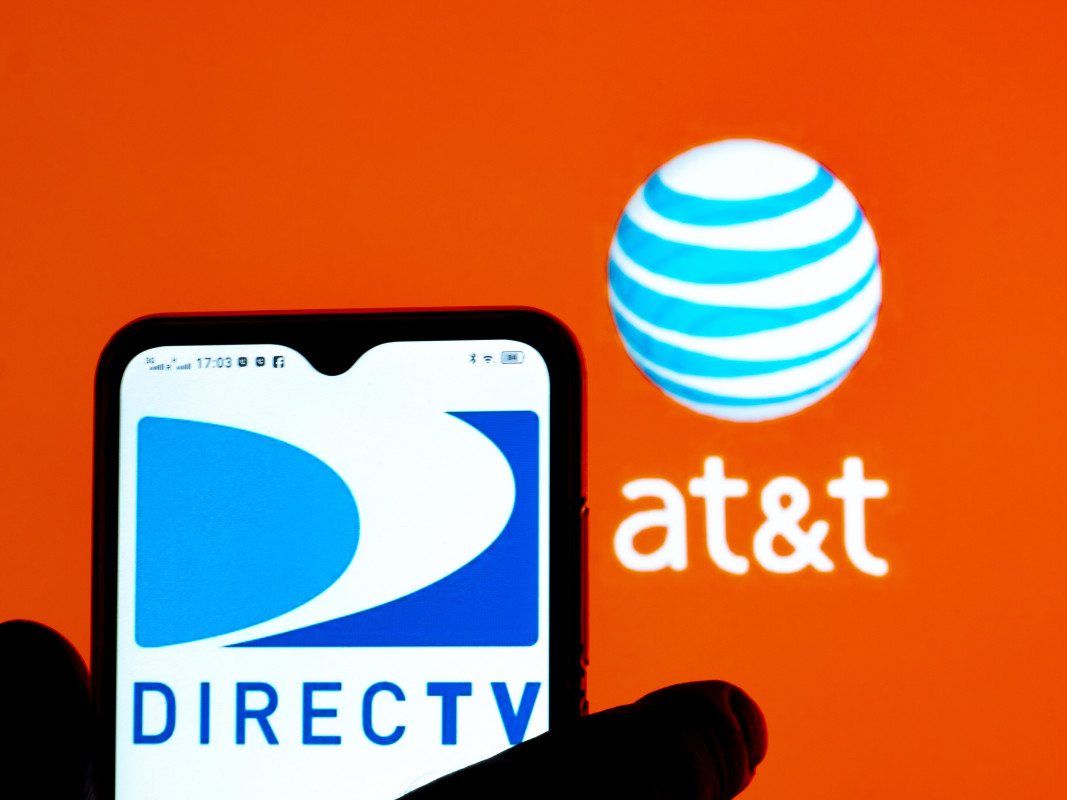
The media industry is in flux due to the rise of streaming and the large number of companies carrying out direct-to-consumer services.
One of the biggest losers of the change has been linear television, particularly cable providers such as DirecTV, and its chief content officer Rob Thun joined "The Marchand and Ourand Sports Media Podcast" on Oct. 25 and discussed how the changing media landscape has made it difficult for consumers to continue paying for television.
"Unfortunately, the economics seem to be going up and up and that's driven us into the problem of declining ATV visitors because the entry level price of our packages are too high for customers. And they decided to sort of tap out of pay-TV and look to cobble together their own experiences," Thun said.
Related: Disney, Charter blackout to end after agreeing to new deal
But Thun said that a major problem for the entire industry is that the new model that allows customers to pick and choose their programs will not help the programmers because they won't be able to reclaim the viewership at the same number due to the vast amount of choices.
"If we lose one customer, every one of the major programming shops needs to pick up that subscription for that customer with their DTC products. And we know that's not gonna happen. It just isn't. So it's kind of crazy that we got to this point and it doesn't seem like logic prevailed," Thun said.
He also explained that programmers like Disney (DIS) -) were not competitors in the past and only suppliers to help the business. But because Disney has also become a competitor by adding streaming services like Hulu and Disney+, their relationship has become both as suppliers and competitors.
Related: Charter and Comcast's new product comes with a sneaky fee
But Thun did show some positivity for the industry, pointing out that the deal that ended the blackout between Disney and Charter Communications in September was a "watershed deal for the industry." He said it's because the two were able to work hand-in-hand as part of the deal allows Spectrum customers access to Disney's DTC services.
He said that DirecTV has tried to do the same with other programmers in the past, but didn't receive the same discount that Charter was able to get from Disney.
"We were out there first trying to get what we call the 'don't pay twice principle' and we got coupons effectively for customers who wanted to subscribe to those direct-to-consumer products ... where we got a 40% coupon for our customers, Charter got 100% off. And they're plugging in those products as part of the subscription for Spectrum," Thun said.
Sports Business Journal reporter John Ourand asked Thun what he thought the floor was for the percentage of customers that will continue to use the paid TV model. He said that he's not sure, but he knows that pricing will be the biggest thing.
"If you're selling hamburgers and you're charging $10 ten years ago, and now that hamburger is $50, maybe people aren't going to eat hamburgers," Thun said.
He's also aware consumers nowadays spend time consuming content across many platforms, and overcharging for linear television makes it even more enticing for consumers to just move to free services.
"If we press linear TV too expensively, you're almost forcing their hand to go watch it differently," Thun said.
Action Alerts PLUS offers expert portfolio guidance to help you make informed investing decisions. Sign up now.







